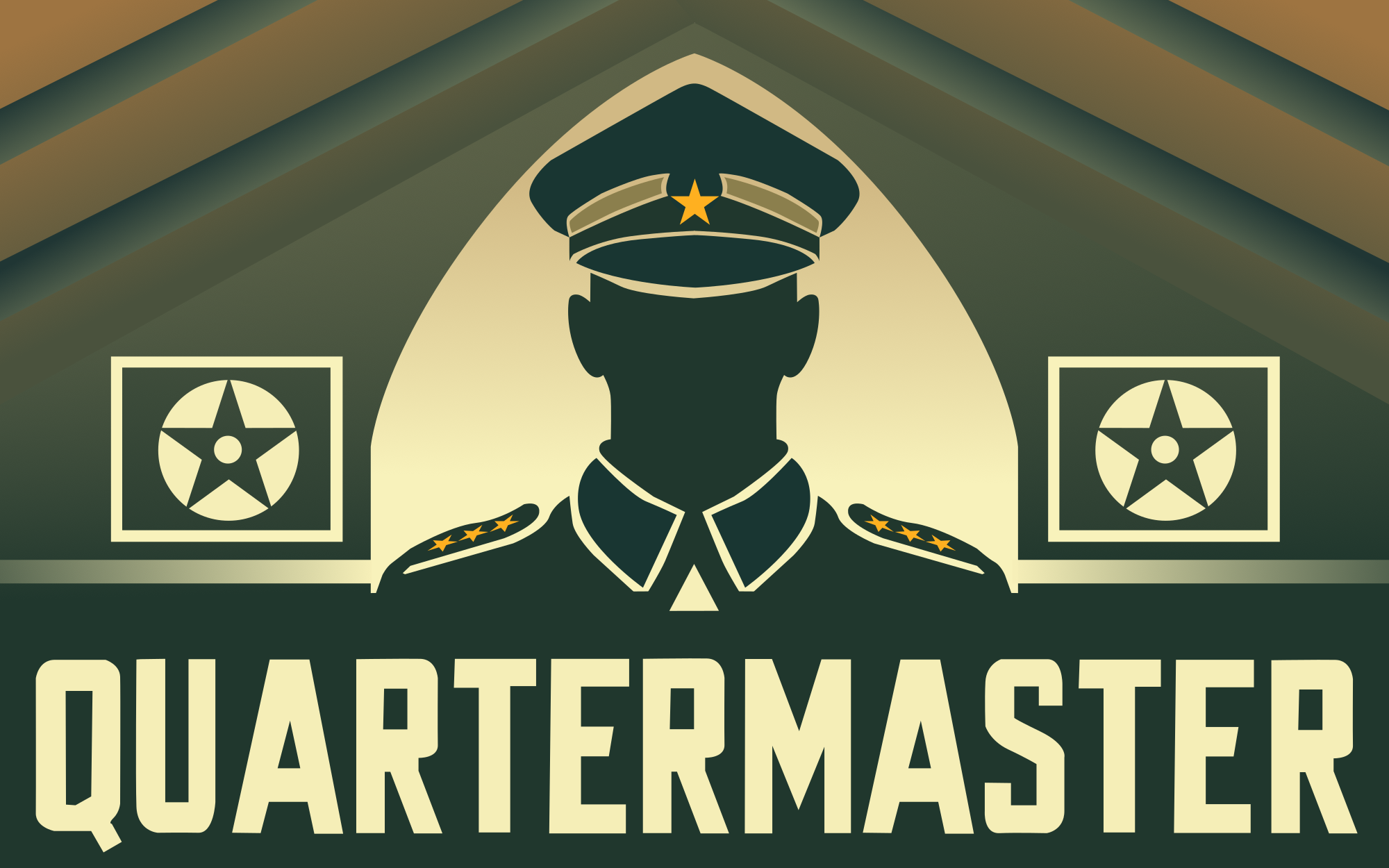Update #20: Major Blunder in my Code Base and Concept
Hey everyone!
Welcome back to another Quartermaster devlog. As usual, YoutTube video at the end.
Today, I want to talk about a pretty big conceptual error I ran into while coding the modifier system for my World War I logistics game. It’s one of those things that just happens I guess.
Issue 1: Missing Baseline Variables
First, I realized I completely forgot to implement baseline values for my variables. Right now, for example, I have a single variable for something like food consumption. If I change that value (say, apply a +100% modifier), that new value is now the “current” value — and any further modifiers stack on top of that. So instead of always recalculating from the original base (say, 1), the system is stacking on an already-inflated value.
Imagine:
Base value: 1
First modifier: +100% ➔ 2
Second modifier: +100% ➔ 4
Third modifier: +100% ➔ 8
That’s exponential growth — not additive growth — and it totally messes with balancing.
What I actually want is a clean separation between the base value (the “ground truth” stat) and the current value after applying modifiers. That way, every time I recalculate, I can start fresh from the base and apply the modifiers in a consistent way.
Issue 2: No Modifier Hierarchies
The second problem (which became way clearer once I realized I was missing baselines) is that I didn’t account for modifier hierarchies at all. Right now, all my modifiers are just stored in an array, treated equally, and applied in sequence — regardless of their type or logic.
In Quartermaster, I actually have different levels of modifiers:
- Map modifiers (like weather, terrain, frontlines)
- General modifiers (e.g. an artillery general that improves supply efficiency or movement speed)
- Unit modifiers (like fatigue, sickness)
- Mission modifiers (mission-specific effects)
- Upgrade modifiers (special bonuses from upgrades)
- others
But currently, everything is on the same level — and every modifier simply applies its change based on the last calculated value. That’s a huge problem for balancing. For example:
If an exhausted unit is supposed to lose half its movement speed, and then it starts raining (another -50% modifier), I don’t want the unit to have 0 movement (or close to it!). I’d rather have the rain affect the already exhausted movement speed, not multiply the penalties together in an out-of-control way.
What I really need is a hierarchy where I can define:
- Which modifiers should apply first,
- Whether they stack cumulatively or additively, and
- Whether they use the baseline value or the already-modified value as input.
The Good News
The good news? Most of the ideas I had actually work fine — the core code runs, the design is solid, and the system works. It’s just that I missed these two key things: saving a proper baseline to recalculate from, and structuring the modifiers logically so they interact properly.
It’s easy to fix, but will take a bit of time. I just wanted to share this with you so you see the real process of making a game — the mistakes, the learning, and the small steps that make the difference.
Thanks for sticking with me on this journey!
PS: If you want to playtest the game once it's in the prototype stage, leave a comment on my profile and I'll reach out to you once I'm there.
WW1 Logistics Game - Quartermaster: The Forgotten Front
A real-time World War I logistics game where you navigating supply chains, strategy, and unpredictable events.
| Status | In development |
| Author | FeysStudio |
| Genre | Strategy |
| Tags | World War I |
More posts
- Filed in Duty - Report to the Archives, No.260 days ago
- Update #27: Refactoring the Codebase62 days ago
- Update #26: Created a Patreon & Optimized code baseSep 10, 2025
- Update #25: Commander system implementedJun 16, 2025
- Update #24: Upgrade system finishedJun 12, 2025
- Update #23: Quartermaster WW1 Logistics Game - Tasks and Location Stats finishedJun 12, 2025
- Update #22: Depot Worker Tasks Logic finishedJun 11, 2025
- Update #21 - Major Milestone AchievedJun 10, 2025
- Update #19: Implemented Depot Worker StatesMar 22, 2025

Leave a comment
Log in with itch.io to leave a comment.